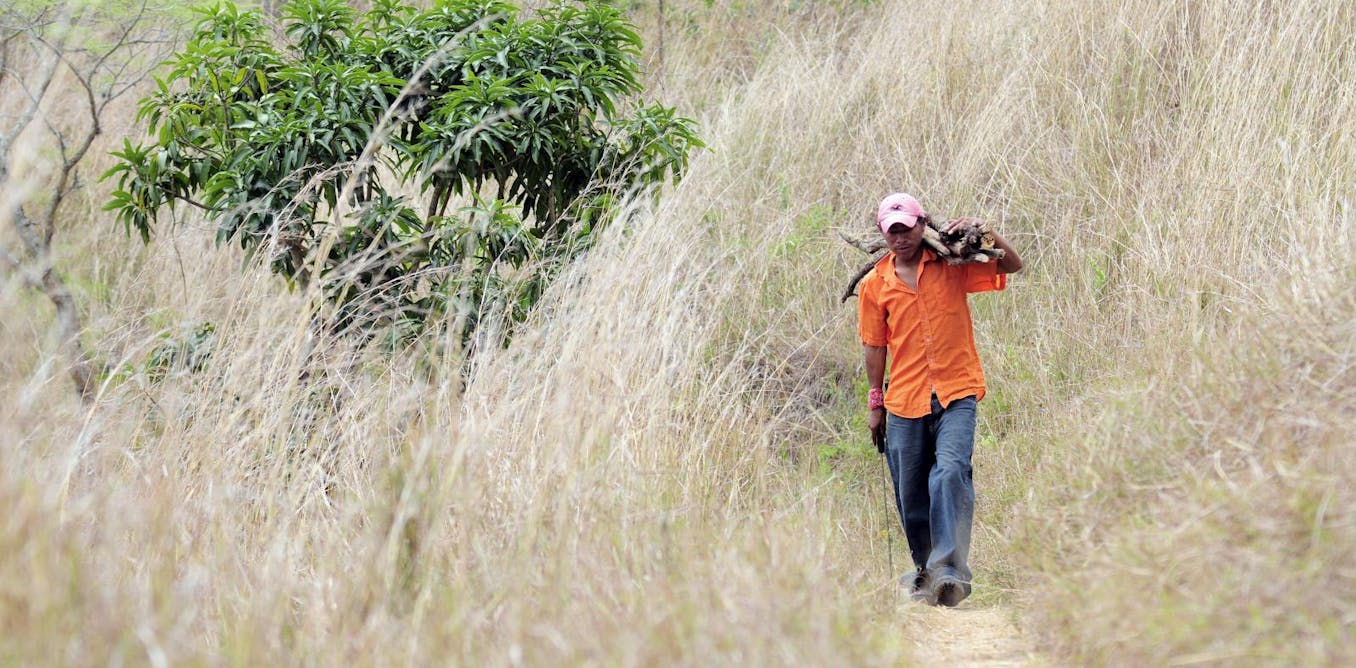He is well informed and he hasn't, as far as I could tell, misrepresented anything as fact that is not. I even agree with ninety-percent of what he's said beyond that.
However, I would still consider the following statements, and others like it, to be erroneous, or at least sufficiently subjective to raise eyebrows:
In the long run, it probably makes no difference how badly we overshoot two degrees; once the point of no return is passed, the world will become self-transforming.
...
In fact, it would be worth pursuing even if it had no effect at all. To fail to conserve a finite resource when conservation measures are available, to needlessly add carbon to the atmosphere when we know very well what carbon is doing to it, is simply wrong.
There may well be tipping-points, beyond which nothing we do will forestall a given change, and some points that will degrade the impact future conservation could have, but implying there is any apocalyptic tipping point, or that we aren't going to continue to having a significant impact on global climate for the foreseeable future, is misleading.
The second quote is mostly opinion and an appeal to morality. While opinion in an opinion piece is precisely what one would expect, it's easy to conflate the author's opinion with a broader one.
As something directed at those who already accept the consensus on climate change and have been open to the idea that something can and should be done about it (most of the New Yorker's readership, I'd imagine), maybe it will be beneficial. Frazen does bring up a lot of good points about some of the more questionable ideas earmarked into Green New Deal style legislation that might cause some to consider more beneficial uses of funding.
However, a climate change denier looking at this article is going to get to the title, read 'apocalypse', and be that much more dismissive of it's contents, if they even deign to read it.
Ultimately, it's the 'apocalypse' terminology itself. It works to draw attention, but cannot really be seen as anything other than an exaggeration by most people, because the term implies near total destruction. Things are going to get bad, they might even be the end of some groups of people, but the coming changes aren't going to be the apocalypse for humanity, or civilization, or whatever the use of the term was intended to conjure up.
People, by and large, don't even know what science is. If science education was more of a priority, and focused more on the scientific method as a way to formulate good questions and rule out bad answers, people would be that much more able to come to their own conclusions, instead of needing hyperbolic appeals to morality to spur them to action.

www.newyorker.com


)







